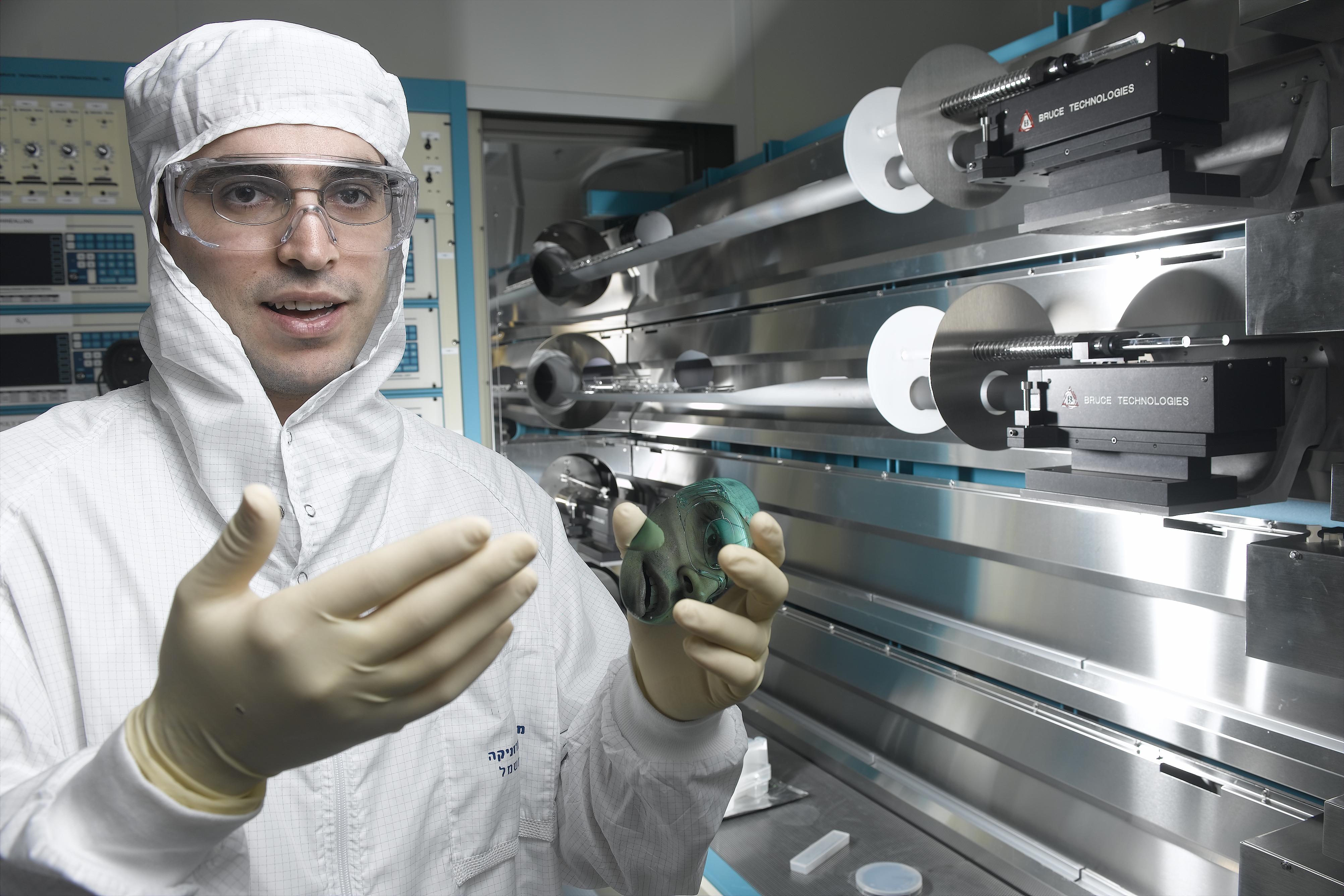Dr. Hussam Haik already employs 27 researchers from Israel and abroad; Out of 460 corporations that competed for the grant - only 11 won, and among them only one Israeli who leads a corporation; Another Israeli group that participates in the corporation is the group of Dr. Nir Peled from the Rabin Medical Center and Tel Aviv University

The nanometer sensors are intended in the first stage to diagnose lung cancer from the oral cavity and/or from cancerous tissues taken from the subject's body. "The nanometer sensors will react with unique biomarkers found in oral cavity and/or cancerous tissues. As a result, the nanometric sensors will send electrical signals to a sophisticated signal processing system that will allow, among other things, the diagnosis of lung cancer, a subcategory of lung cancer, and the stage of the disease. Also, the system may make it possible to predict the chances of a healthy person getting lung cancer in the future," explains Dr. Haik. "The diagnosis can be made at a very early stage of the disease, even before the tumor begins to spread. Then the treatment will be immediate and will eliminate the disease while it is still in progress. The device is non-invasive and simple to use."
Dr. Haik makes use of sensitive nanomaterials integrated into field effect transistor patterns that are "trained" to detect signs of lung cancer. Furthermore - following the innovative developments of Dr. Haik and his team - the researchers hope that they will be able to detect lung cancer even before the development of the tumor.
The European corporation includes leading research groups and companies from Israel, Germany, England, Holland, Austria, and Spain. Another Israeli group that participates in the corporation is the group of Dr. Nir Peled from the Rabin Medical Center and Tel Aviv University. Dr. Peled completed his medical studies at the Rappaport Faculty of Medicine at the Technion and earned the title "Doctor of Science" under the guidance of Professor Peretz Lavi, currently the president of the Technion. Dr. Peled is currently staying at the University of Denver in Colorado in a subspecialty in lung cancer and will return to Israel soon.
Dr. Haik, 34 years old, did his doctorate in chemical engineering at the Technion and returned to it as a faculty member, from CALTECH in the USA, where he did his post-doctorate. Since joining the Technion in October 2006, Dr. Haik has won more than 21 awards and honorary degrees. Among other things, he was selected for the list of the 35 leading young scientists in the world in 2008 by the prestigious scientific journal MIT's Technology Review. In March 2010, the French government awarded Dr. Haik the title of "Knight" in the Academic Order - Chevalier dans l'Ordre des Palmes académiques) a title that was founded by Napoleon Bonaparte in 1808 to honor pioneering scientists and academics in the field of science and society and which is considered one of the oldest civilian honors in the world).
The president of the Technion, Professor Peretz Lavi, congratulated Dr. Haik and his former student, Dr. Nir Peled, for receiving the extraordinary grant. "This is a very significant achievement and I am convinced that the research that Dr. Haik will lead in the Faculty of Chemical Engineering at the Technion will also achieve practical results in the future," he said.

2 תגובות
If I remember correctly, an early diagnosis of lung cancer does not result in higher cure rates unlike other types of cancer, so the main benefit of the development will be in monitoring the development of the disease and not in the diagnosis
Pride to your people. They will multiply like you.